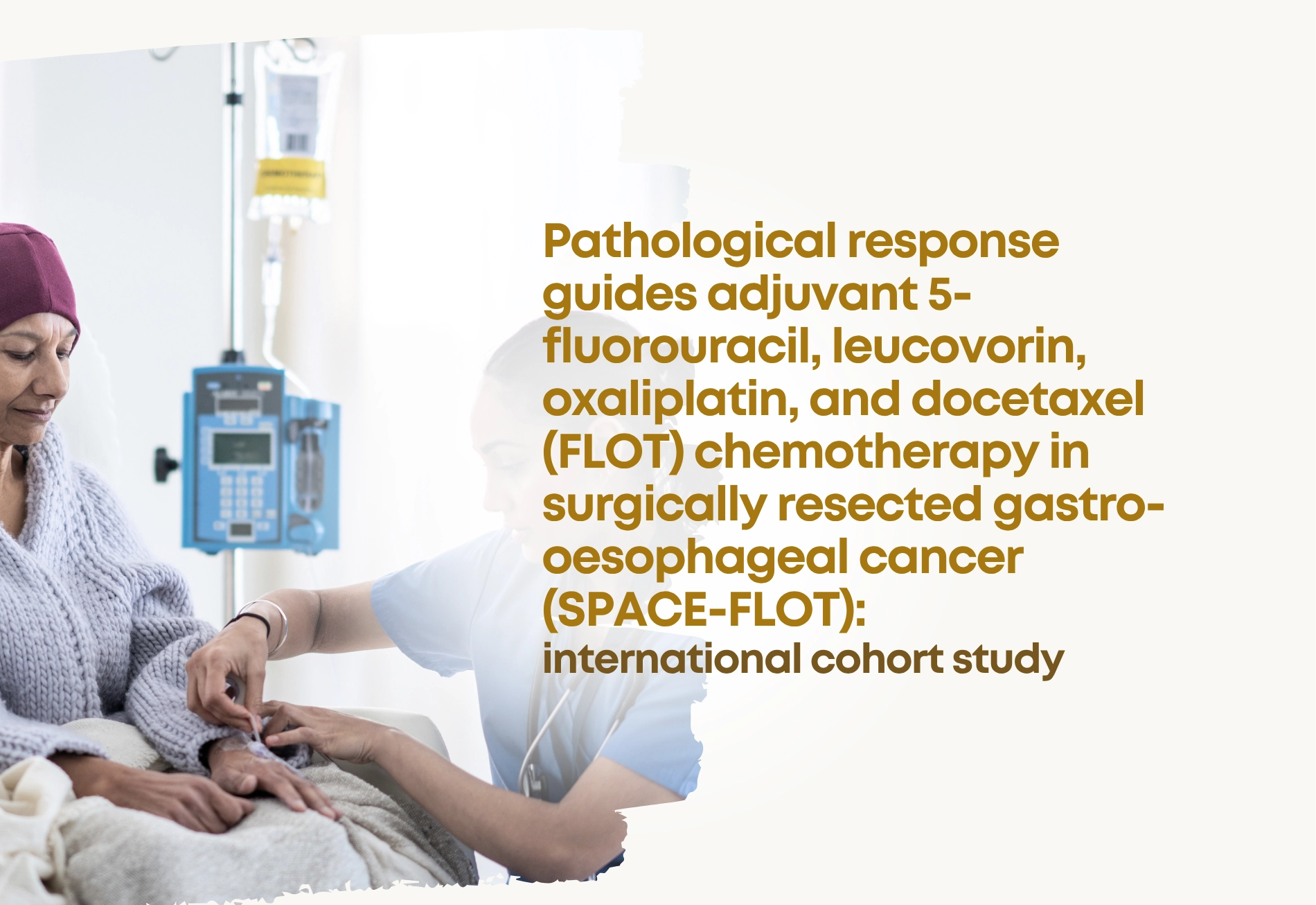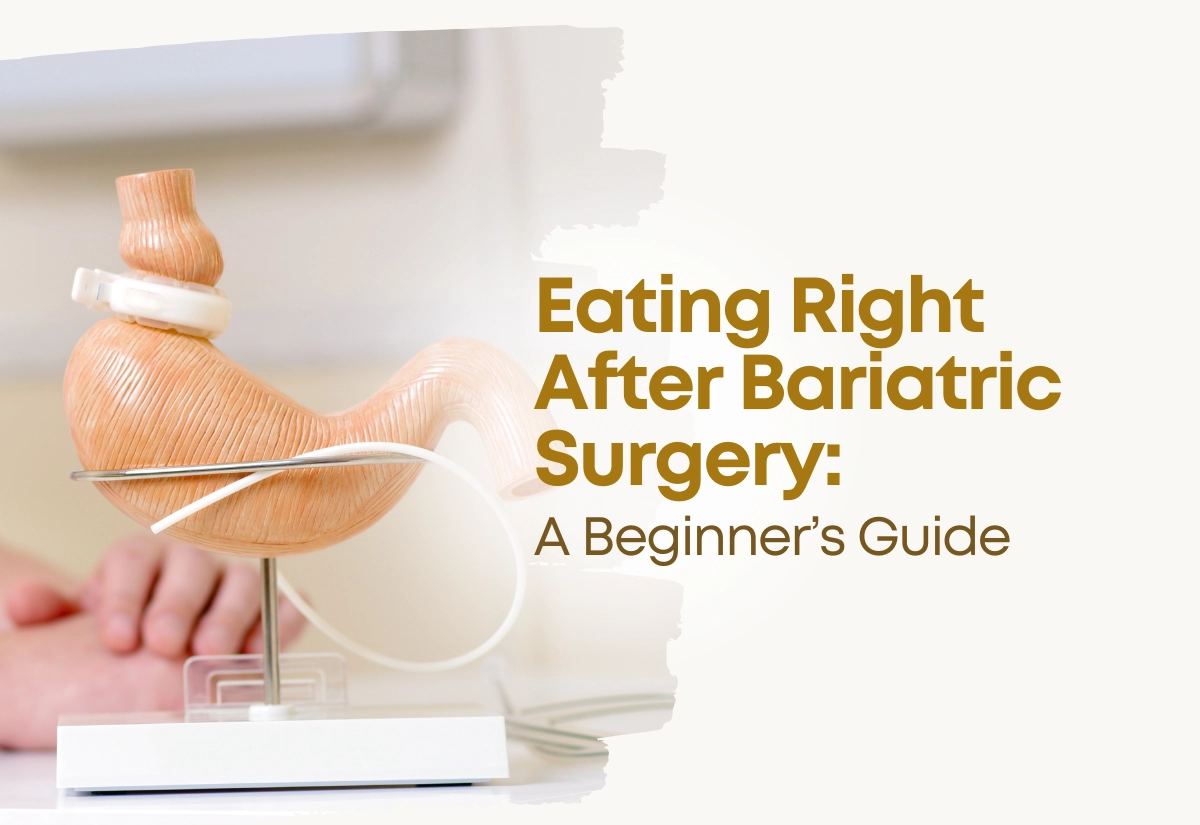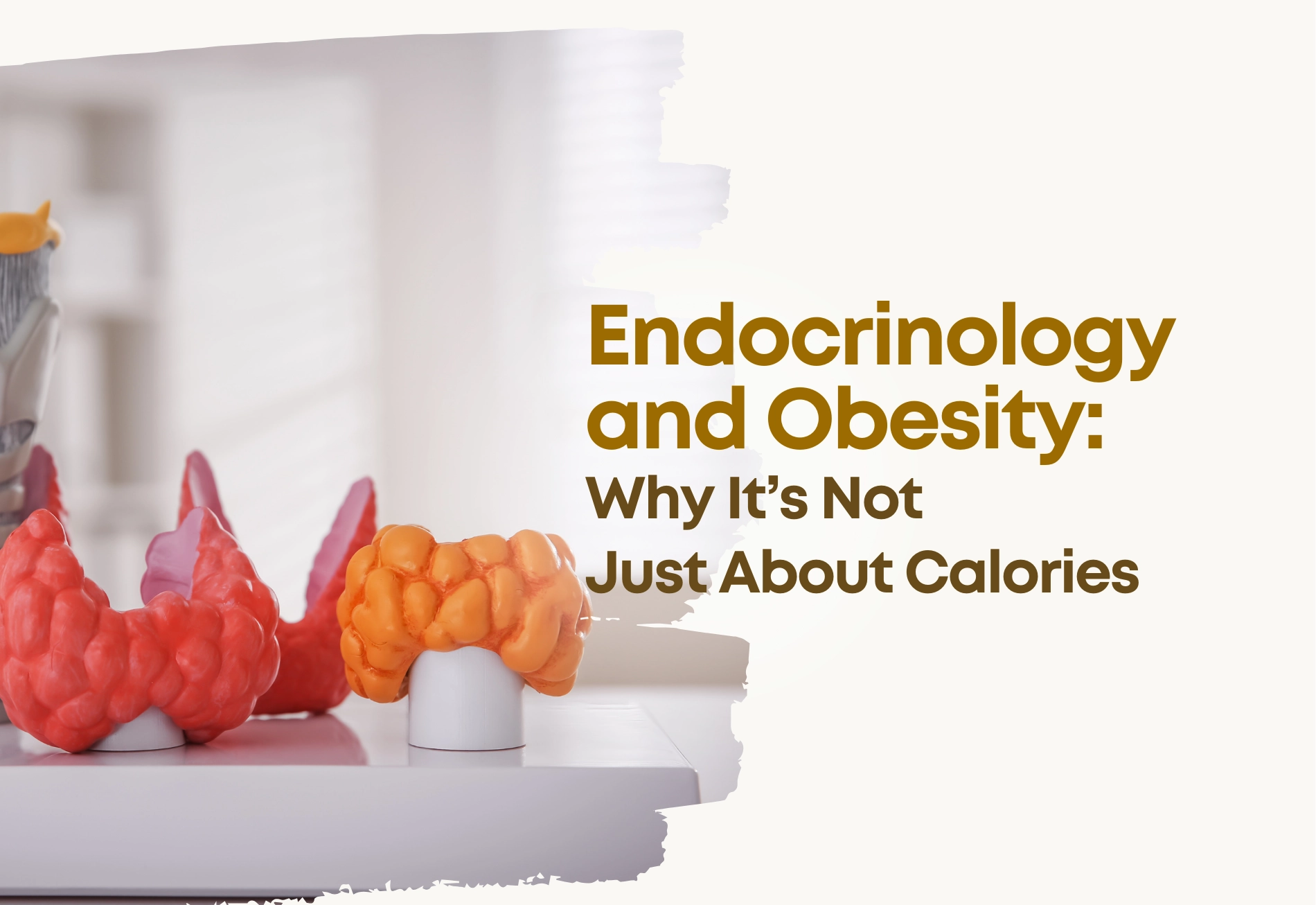
Colorectal Cancer Prevention: An Overview of Its Importance
By Dr Thevaraajan Jayaraman, Gastroenterologist and Hepatologist
Colorectal cancer (CRC) is the third most common cancer globally and the second leading cause of cancer-related deaths, according to the World Health Organization’s International Agency for Research on Cancer (IARC) [1]. In Malaysia, CRC is the second most common cancer after breast cancer and the most common cancer among men, with a slight male predominance (56.1% males vs 43.9% females) [2]. The incidence rate in Malaysia is 18.3 per 100,000 population, making it the third highest in Southeast Asia, after Singapore and Brunei [3].
CRC meets the practical criteria for population-based screening. It is a major health burden that can be detected early, and early intervention leads to better outcomes [4]. Most cases of CRC develop from adenomatous polyps, which can take years to progress into cancer. Detecting and removing these precancerous polyps prevents CRC and its complications [5].
Early detection through the faecal immunochemical test (FIT) or colonoscopy has consistently been shown to reduce CRC incidence and mortality. A landmark study found that colonoscopy screening reduced mortality by 68% through polyp detection and removal [6].
Beyond health, CRC treatment carries a significant economic burden. A Malaysian study reported that 48% of familiesdealing with CRC faced catastrophic health expenditure, meaning they had to deplete savings or make major financial sacrifices to afford care [7]. In China, 75% of CRC families could not afford treatment, with financial toxicity persisting over time [8]. Globally, 52.8% of CRC survivors reported financial toxicity, often linked to long-term chemotherapy and inadequate socio-economic support [9]. Financial stress is associated with lower treatment adherence, decreased quality of life, and higher mortality.
CRC also takes a psychological toll. Patients have a 51% higher risk of depression than cancer-free individuals [10]. Emotional strain is driven by body image changes, fear of recurrence, treatment-related trauma, and social stigma. These effects often persist long after recovery and extend to caregivers and families, especially when income loss or job disruptions occur.
Additionally, CRC alters the immune system. The disease suppresses immune cell activity to evade detection and drives chronic inflammation, which fuels cancer progression. This bidirectional relationship between CRC and the immune system has led to the development of immunotherapy, a targeted treatment approach [11].
The wide-ranging impact of colorectal cancer—physically, emotionally, and financially—underscores the critical importance of timely screening. High-quality colonoscopy screening is proven to reduce the incidence, morbidity, and mortality of CRC. Prevention offers far-reaching benefits, improving individual health and easing the burden on society.
References
-
International Agency for Research on Cancer (IARC). Colorectal Cancer Fact Sheet, GLOBOCAN 2020. https://gco.iarc.fr
-
National Cancer Institute Malaysia. Malaysian National Cancer Registry Report (MNCRR) 2012–2016.
-
GBD 2019 Colorectal Cancer Collaborators. Global burden of colorectal cancer in 204 countries and territories, 1990–2019: a systematic analysis. The Lancet Gastroenterology & Hepatology, 2022.
-
World Health Organization. Guide to Cancer Early Diagnosis. WHO, 2017.
-
American Cancer Society. Colorectal Cancer Prevention and Early Detection. 2023.
-
Nishihara, R. et al. Long-term colorectal-cancer incidence and mortality after lower endoscopy. New England Journal of Medicine, 2013; 369:1095–1105.
-
Su, T.T. et al. Financial burden of cancer on patients treated at a major public referral center in Malaysia. Asia-Pacific Journal of Public Health, 2015.
-
Zhen, L. et al. Financial toxicity in colorectal cancer patients in China: a national study. BMJ Open, 2021.
-
Carrera, P.M. et al. Financial toxicity in cancer care: A review of current evidence and call for action. Cancer, 2019; 125(17): 3079–3089.
-
Massie, M.J. Prevalence of depression in patients with cancer. Journal of the National Cancer Institute Monographs, 2004.
-
Galon, J., Bruni, D. Approaches to overcome immune resistance in cancer. Nature Reviews Cancer, 2019.









